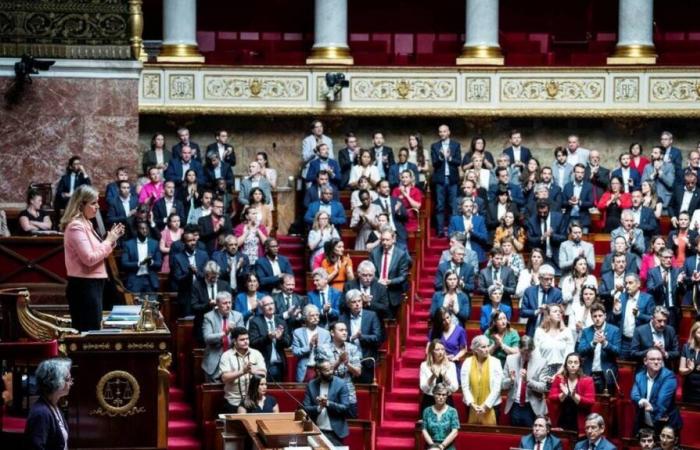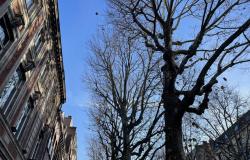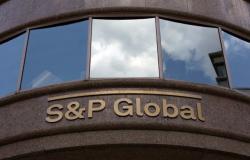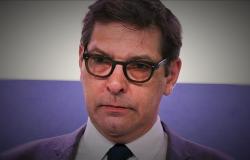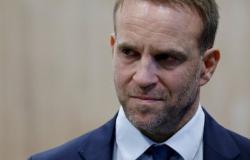French deputies demanded on Tuesday, November 26, the creation of a parliamentary commission to investigate the assassination of dozens of riflemen on December 1, 1944 in Thiaroye, Senegal.
As Senegal prepares to commemorate the 80th anniversary of the tragic event in Thiaroye, five French deputies, including Dieynaba Diop, elected from the Socialist Party (PS) and originally from Senegal, tabled a transpartisan resolution proposal on Tuesday the National Assembly. Their objective is to shed light on this affair shrouded in mystery.
« This morning we presented to the press the transpartisan resolution proposal that we will table in the National Assembly in order to request the creation of a parliamentary commission of inquiry into the massacre of Thiaroye in Senegal on December 1, 1944. “, declared the MP from Senegal, emphasizing that it is a “ essential initiative to restore the honor and dignity of the Senegalese riflemen murdered by the French army ».
The French elected official stressed the importance of this approach to establishing the truth, noting that “ faced with the colonial history of our country, we owe this truth in order to allow a peaceful memory between France and Senegal, for future generations ».
The Thiaroye massacre remains one of the darkest pages of French colonial history. At the end of the Second World War, thousands of African soldiers, grouped under the generic name of Senegalese tirailleurs, fought for France. After their demobilization, some were grouped together at the Thiaroye military camp while awaiting payment of their compensation. However, on December 1, 1944, these soldiers, who demanded their dues, were shot dead on the orders of French officers. The exact number of victims remains uncertain to this day.
In a recent statement to Radio France Internationale (RFI), former French President François Hollande described the events as a “massacre” for the first time. This is a decisive step in the communication of a French authority of his level on this affair which he considered to be a “ bloody repression » in a statement made in 2014.
« It is a massacre since it is not simply a repression like we know in demonstrations which overflow. This is a machine gun massacre. “, he said.
ODL/te/Sf/APA

